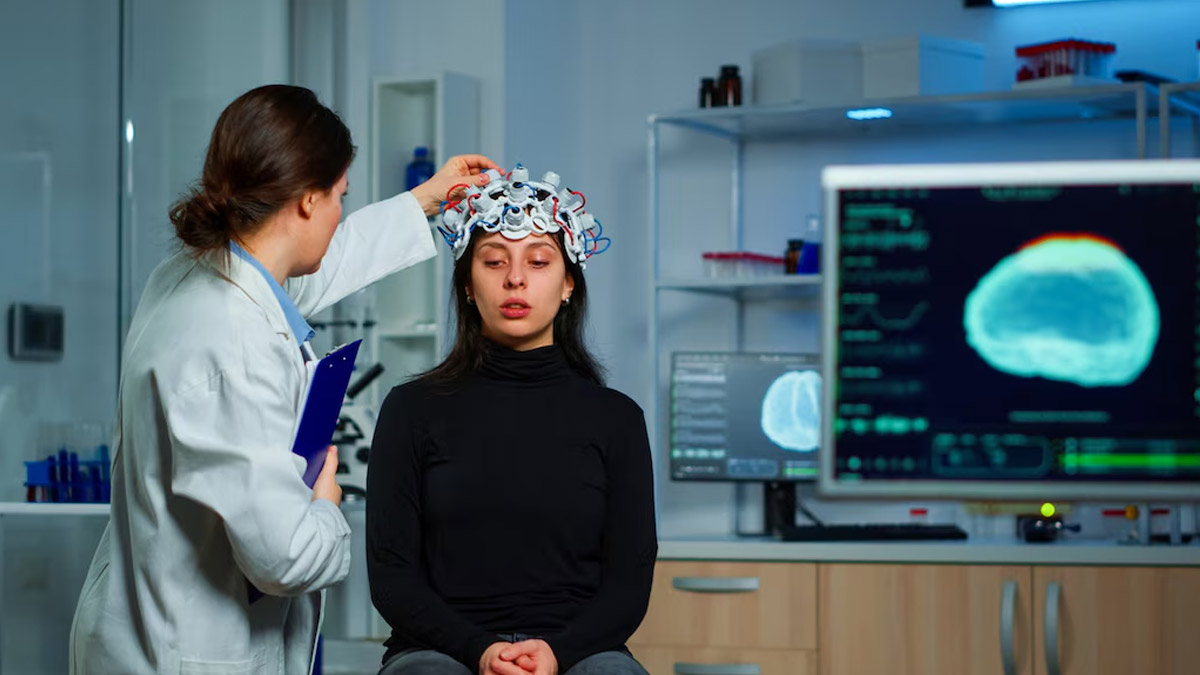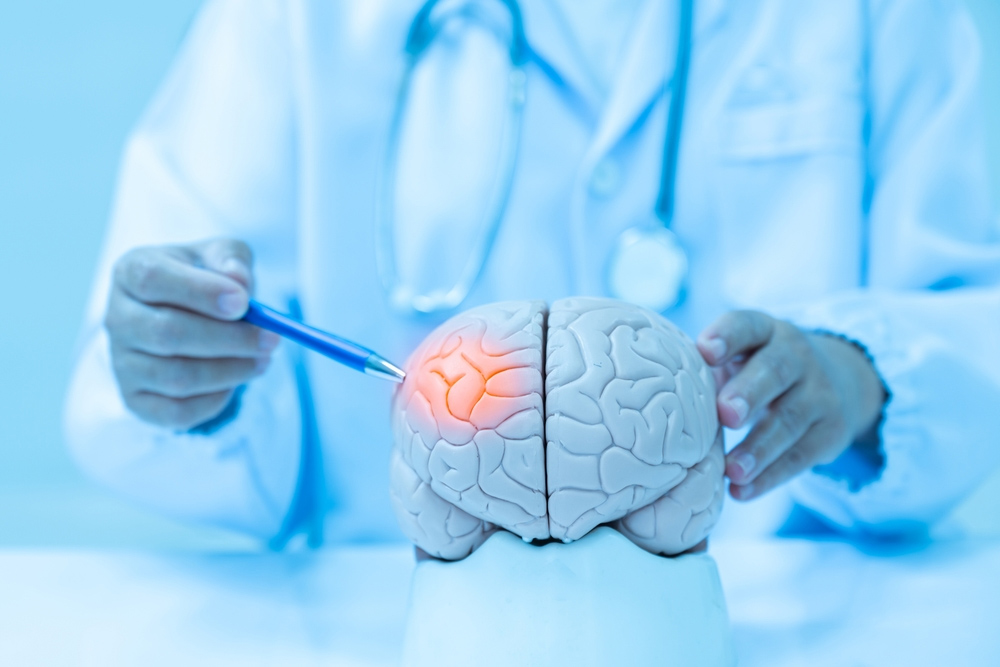
Recovering from brain tumour surgery is a journey that goes beyond the operating room. Patients often need intensive post-surgery neurorehabilitation to enhance their quality of life, minimise disabilities, and foster independence.
Table of Content:-
Brain tumour surgery is a critical step in the treatment process, aimed at removing or reducing the tumour to alleviate symptoms and prolong life. However, the aftermath of brain surgery presents its own set of challenges. According to Dr Gaurish Kenkre, General Manager and Center Head at Atharv Ability – Neuro Rehabilitation Centre, patients might experience:
Motor Deficits: Weakness, paralysis, or coordination issues affecting one or more limbs.
Cognitive Impairments: Difficulties with memory, attention, problem-solving, and executive functions.
Speech and Language Problems: Challenges with speaking, understanding language, or finding the right words.
Emotional and Behavioral Changes: Mood swings, depression, anxiety, and personality changes.
These impairments can significantly hinder a patient's ability to perform daily activities and impact their overall quality of life.
Importance of Post-Surgery Rehabilitation
Neurorehabilitation is crucial for improving neurological function and enhancing the quality of life for patients after brain tumour surgery. It involves a range of therapies designed to address physical, cognitive, and emotional deficits.

Types of Therapies Involved
Physical Therapy: Focuses on improving strength, balance, coordination, and mobility. Exercises and interventions are tailored to help patients regain physical function and independence.
Occupational Therapy: Helps patients relearn daily activities such as dressing, bathing, and eating. It also includes adapting the home environment to accommodate any physical limitations.
Speech and Language Therapy: Addresses issues related to speech, language, and swallowing. Therapists work on improving communication skills and train patients on safe swallowing techniques.
Cognitive Rehabilitation: Techniques are used to improve memory, attention, problem-solving, and executive functions. This aspect is vital for regaining cognitive skills necessary for daily living and work.
Also read: Brain Tumour: Understanding Pediatric Brain Tumour And Treatment Options For It
Counselling for Mental Well-Being

Psychological support and counselling provide the necessary emotional support, coping strategies, and mental health interventions to help patients deal with anxiety, depression, and the psychological impact of their condition.
Achieving the Set Goals
Every patient undergoes a thorough evaluation to identify specific deficits and needs. This assessment forms the basis of a personalised rehabilitation plan. The neurorehabilitation expert and the patient set realistic and achievable goals, which are regularly reviewed and adjusted based on the patient’s progress and response to therapy.
Also read: Brain Tumour: What Are The Most Common Signs Of It?
Assistive Devices and Advanced Technologies
Patients are often recommended to use assistive devices such as walkers, canes, and adaptive tools to aid in mobility and daily activities. Advanced technologies like robotic-assisted therapy and virtual reality systems are also employed to enhance rehabilitation outcomes through engaging and intensive practice.

Proven Benefits of Neurorehabilitation
Neurorehabilitation offers numerous benefits, including improved functional outcomes such as enhanced physical and cognitive abilities, leading to greater independence. It also promotes social engagement, reduces anxiety and depression, helps in reducing complications, and offers faster recovery through intensive rehabilitation efforts. Ultimately, it provides support for any long-term adaptations that may be required.
Conclusion
Post-surgery rehabilitation is a cornerstone of recovery for brain tumour patients. By addressing the physical, cognitive, and emotional challenges that arise after brain surgery, rehabilitation therapies play a critical role in enhancing recovery and quality of life. A comprehensive and personalised neurorehabilitation plan ensures that patients receive the support and care they need to navigate the complexities of recovery, enabling them to achieve a higher degree of independence and well-being. Understanding and prioritising post-surgery rehabilitation is essential for optimising outcomes and helping brain tumour patients regain their lives.
Also watch this video
How we keep this article up to date:
We work with experts and keep a close eye on the latest in health and wellness. Whenever there is a new research or helpful information, we update our articles with accurate and useful advice.
Current Version